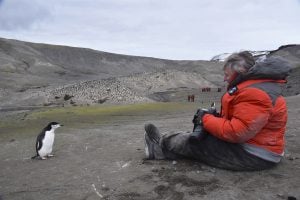
Science & Tech
How the Homeward Bound expedition program is empowering women in science
As a biologist and photographer, I had long hoped to visit Antarctica — but this journey was much more than a travel dream fulfilled
- 1126 words
- 5 minutes
This article is over 5 years old and may contain outdated information.
Exploration
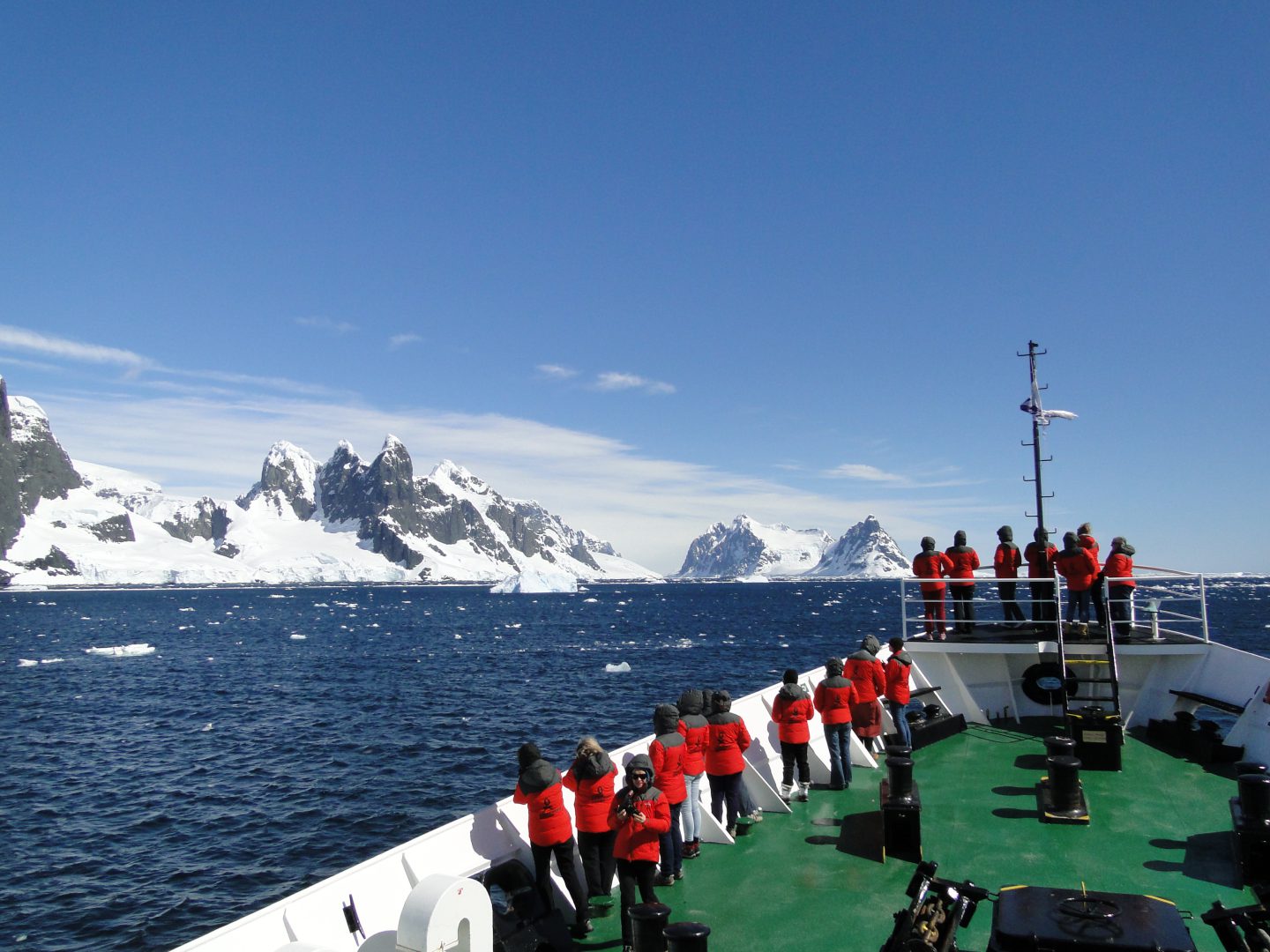
Eighty women from 13 different countries and a variety of science backgrounds are soon to set sail on a three-week leadership expedition in one of the most extreme environments on the planet.
Homeward Bound is a decade-long program launched in 2016 that will see a total of 1,000 women in the STEMM (science, technology, engineering, mathematics and medicine) fields take part in intensive leadership training aboard a research vessel in Antarctica. Their goal is to create connections for positive global change, with a particular focus on mitigating climate change.
Catherine Sorbara, a neuroscientist who heads the Cheeky Scientist Association out of Cambridge, England, a company that provides industry training to academics, is the sole Canadian chosen to participate in the next Homeward Bound voyage, departing in February 2018. Here, the Pelham, Ont. native talks about the expedition and what she hopes to gain from the experience.
On the expedition
Homeward Bound recognizes that there’s this paucity of women in leadership positions in STEMM, and this is at a great cost to our climate. Homeward Bound is really a leadership initiative, but many of us are focused on using the positions that we have to change policy and communicate the importance of sustainability and protecting our planet. Homeward Bound doesn’t just start in Antarctica; leading up to it, participants complete a year of leadership training, and it culminates in this three-week trip. I’m hoping that being a part of this voyage and meeting the other women will really be a stepping stone for me to do something more about climate change.
On the goals of the leadership program
The leadership program will continue aboard the ship, where we’ll be collaborating in groups on a number of issues relating to the health of our planet and meeting with researchers investigating climate change on the continent. This trip is about learning how to lead more effectively and to collaborate with other women. There will be six to eight hours of workshops per day and then we’ll hop onto Zodiacs and head inland to meet with the scientists.
On why it’s important for women in STEMM to have these experiences
Women and men enter science at the same level as undergraduates and post-graduates, but Homeward Bound recognizes that many barriers can contribute to the low representation of women in leadership positions in general and in STEMM in particular. This can be due to lifestyle commitments, taking time off work to have children, the lack of female mentors and role models, and determination bias in the workplace itself. So Homeward Bound is really trying to strengthen the voice of women in STEMM. It’s not that women would be better leaders than men; we just want there to be an equal playing field. At this stage in the game, with the state of our planet, the world needs more leaders in STEMM. Why not have women in these roles? We can all benefit from having more diverse voices and opinions. In my role at the Cheeky Scientist Association, I work with many women PhDs who suffer from imposter syndrome. I hope that these women will see my participation in this expedition and say, “If Cathy can do it, so can I.”
Are you passionate about Canadian geography?
You can support Canadian Geographic in 3 ways:

Science & Tech
As a biologist and photographer, I had long hoped to visit Antarctica — but this journey was much more than a travel dream fulfilled
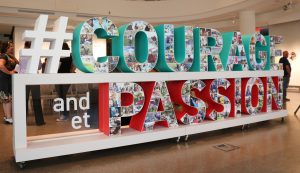
Science & Tech
Courage and Passion: Canadian Women in the Natural Sciences aims to inspire young women to pursue careers in science
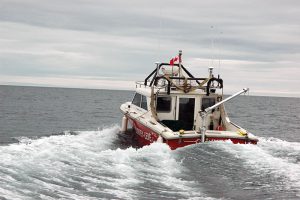
History
This year's search is about much more than underwater archaeology. The Victoria Strait Expedition will contribute to northern science and communities.
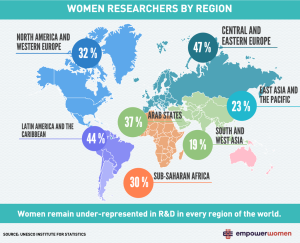
Science & Tech
From Roberta Bondar to Harriet Brooks, Canada has more than its fair share of women scientists to be proud of. However women are still a minority in the STEM fields